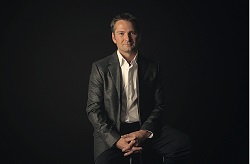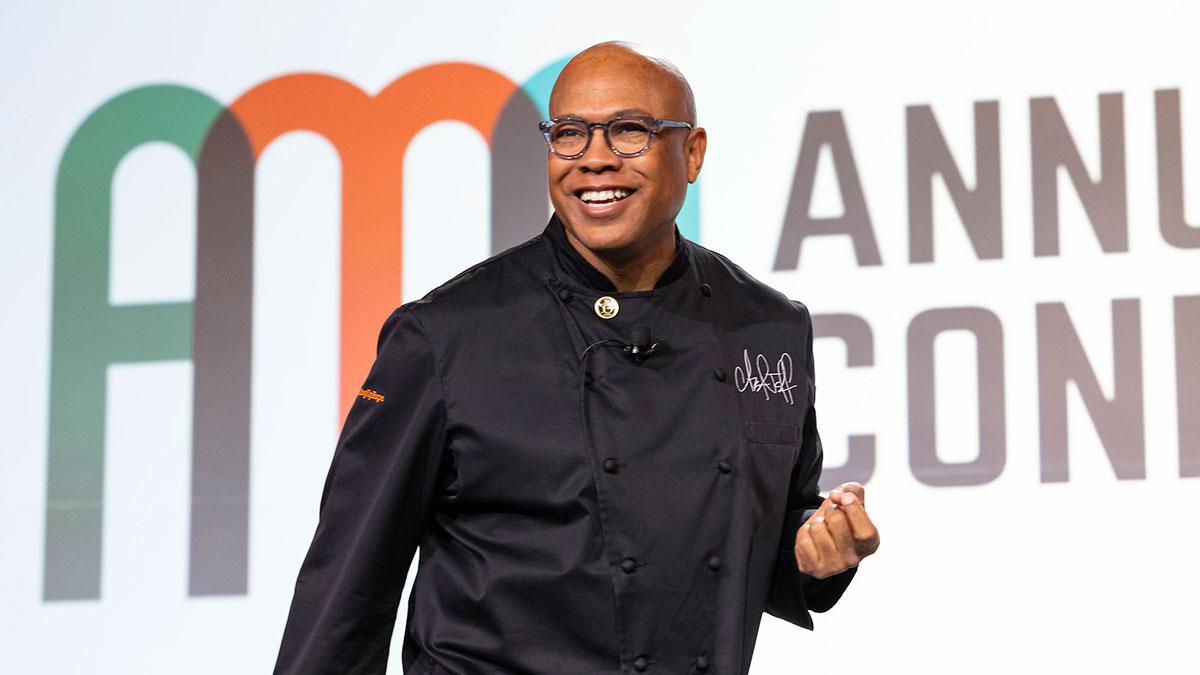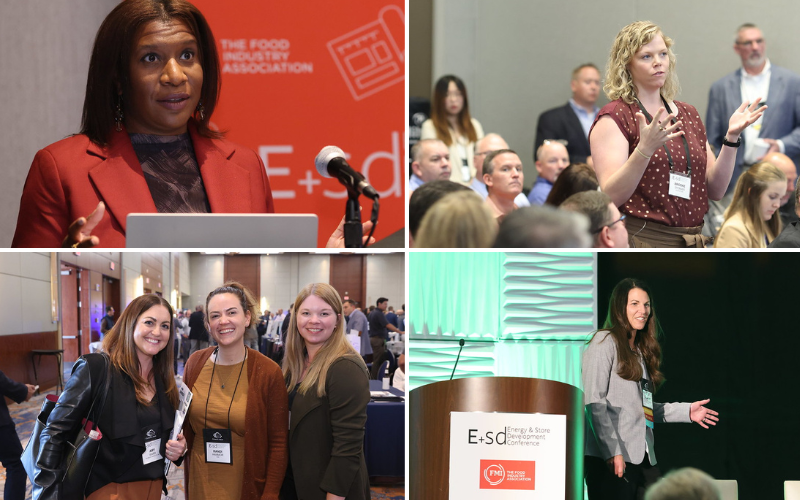By: Carol Abel, Vice President of Education, Food Marketing Institute 
We’re focusing on how consumer empowerment is reshaping the role of the food retailer at FMI’s 2015 Midwinter Executive Conference and I can’t think of a better person to speak on this subject than Doug Stephens, founder of Retail Prophet and retail industry futurist. I recently got the chance to talk with Doug and learn more about what he plans to share with us.
Who does the shopping in your household?
Both my wife and I. Often together. We sometimes use shopping as decompression time.
You founded Retail Prophet, a consultancy specializing in the forecasting and articulation of future trends in retailing and consumer behavior. What inspired you to build this brand?
After more than 20 years in retail I felt that retailers were often very shortsighted. They tended to look at the world through the lens of the next quarter or maybe the fiscal year. I also felt that there had never been a time of more tumultuous change in the industry. Economically, demographically and technologically retail was changing forever. There didn't seem to be enough objective voices in the market synthesizing these changes and providing context on them. So, in 2009, I founded Retail Prophet.
What is the one thing about this “new consumer” that food retailers need to keep in mind?
We have moved, in an exceptionally short period of time from a consumer marketplace based on scarcity to one of absolute abundance. Consumers now believe (and rightly so) that they have access to the entire universe of products, whenever they want them. Therefore they are no longer solely reliant on retailers to give them access to products. They are relying on retailers now, more to be the conscientious curators of products according to a particular set of values or beliefs. They want retailers to cut through the clutter and deliver the set of products that align to their specific needs, preferences and consumer values.
How do you see this emerging consumer effecting food retailers and how they’ve designed their business?
It's no longer about WHAT you sell, it's about HOW you sell it. The beliefs of your brand and the customs through which you deliver your experience to the customer, are the only sustainable means of differentiation and profitability. That's a huge shift in mindset for retail, which has traditionally been very product-centric.
What do you imagine our industry to look like in 10 years? 15 years? 20 years?
Fewer stores, malls and physical retail spaces, but those that remain will be infinitely better and more entertaining than those we have today. The lines between ecommerce and physical retail will continue to blur with online becoming more tactile, sensorial and physical and brick and mortar becoming more digitally infused.


 Industry Topics address your specific area of expertise with resources, reports, events and more.
Industry Topics address your specific area of expertise with resources, reports, events and more.
 Our Research covers consumer behavior and retail operation benchmarks so you can make informed business decisions.
Our Research covers consumer behavior and retail operation benchmarks so you can make informed business decisions.
 Events and Education including online and in-person help you advance your food retail career.
Events and Education including online and in-person help you advance your food retail career.
 Food Safety training, resources and guidance that help you create a company food safety culture.
Food Safety training, resources and guidance that help you create a company food safety culture.
 Government Affairs work — federal and state — on the latest food industry policy, regulatory and legislative issues.
Government Affairs work — federal and state — on the latest food industry policy, regulatory and legislative issues.
 Get Involved. From industry awards to newsletters and committees, these resources help you take advantage of your membership.
Get Involved. From industry awards to newsletters and committees, these resources help you take advantage of your membership.
 Best practices, guidance documents, infographics, signage and more for the food industry on the COVID-19 pandemic.
Best practices, guidance documents, infographics, signage and more for the food industry on the COVID-19 pandemic.
